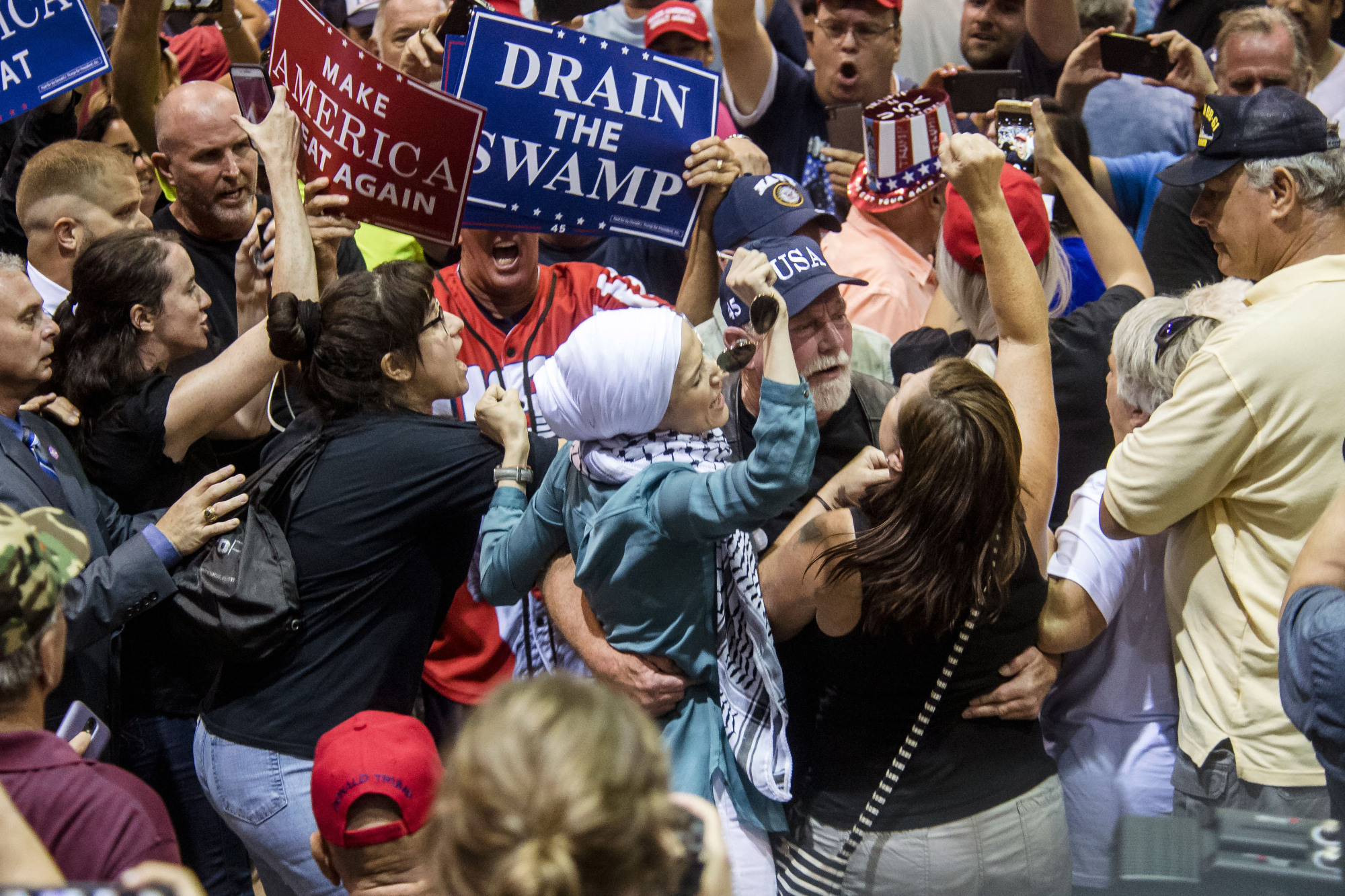Democrats have settled on a strategy for the midterms, hitting the Republicans for fostering a "culture of corruption." It's an easy argument to make, given the number of Donald Trump advisers and administration officials who have had to resign, been indicted or convicted — and that's not counting the scandals that have ensnared some of Trump's earliest supporters in Congress.
Will this message resonate with voters? The historical record offers plenty of evidence that it could succeed, so long as Democrats keep the focus on the larger Republican Party rather than on Trump alone.
The idea of making corruption an issue hasn't always been a winning strategy. In the 19th-century United States, most corruption was usually entangled with the petty graft, bribes and kickbacks associated with local machine politics in the nation's fast-growing cities.



